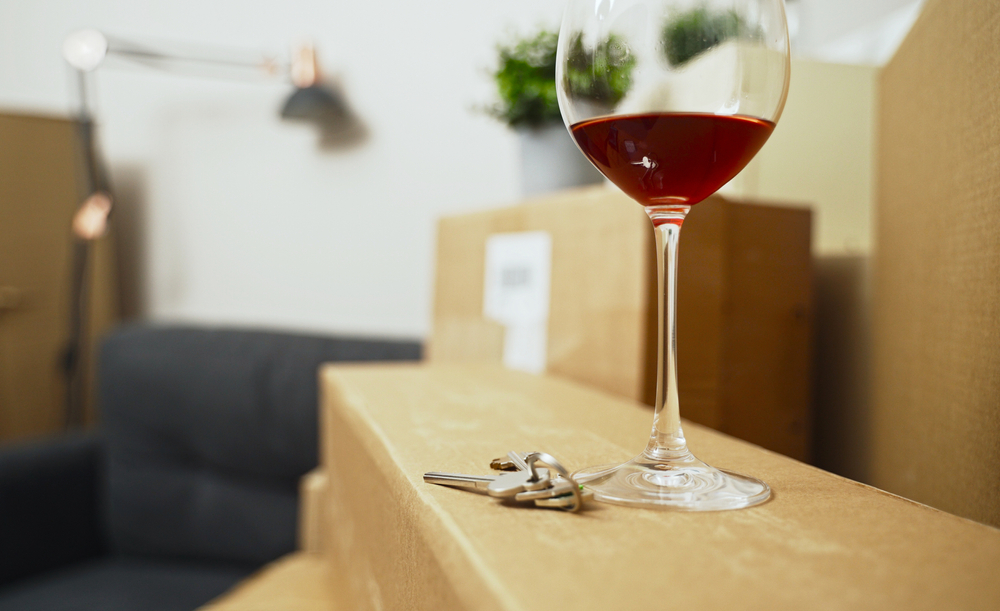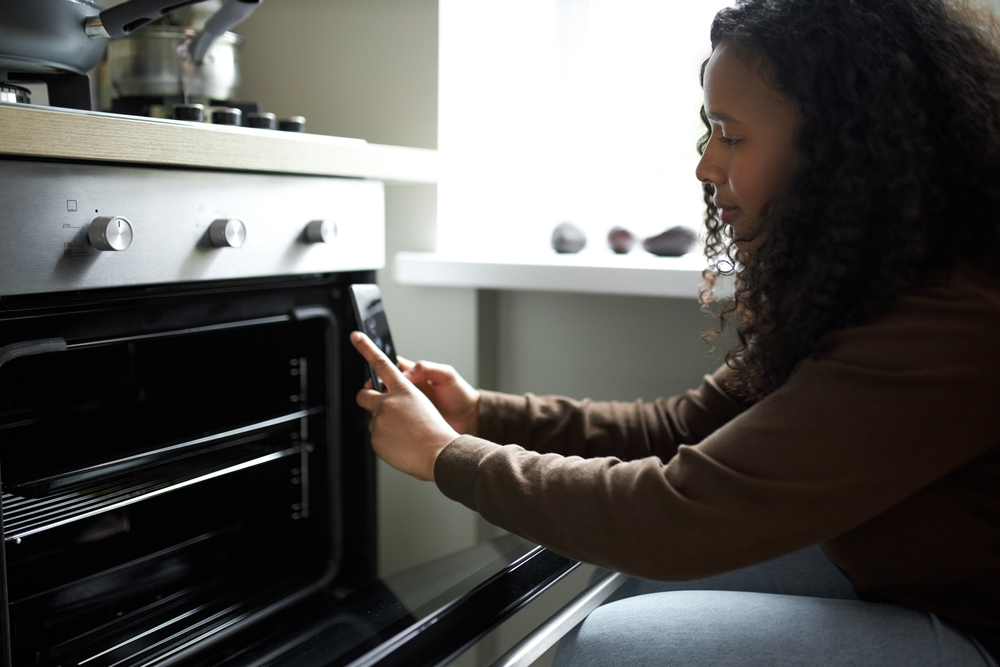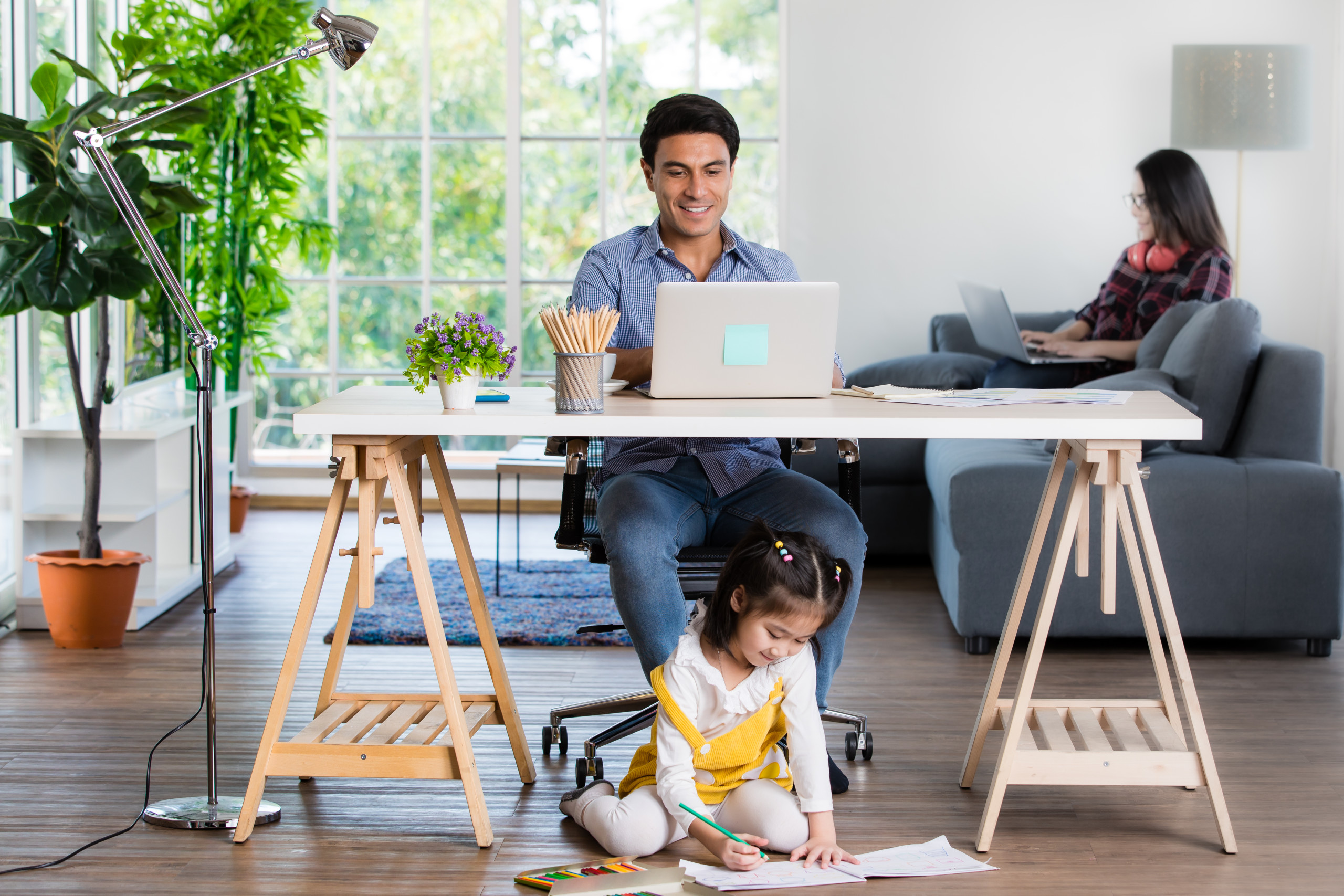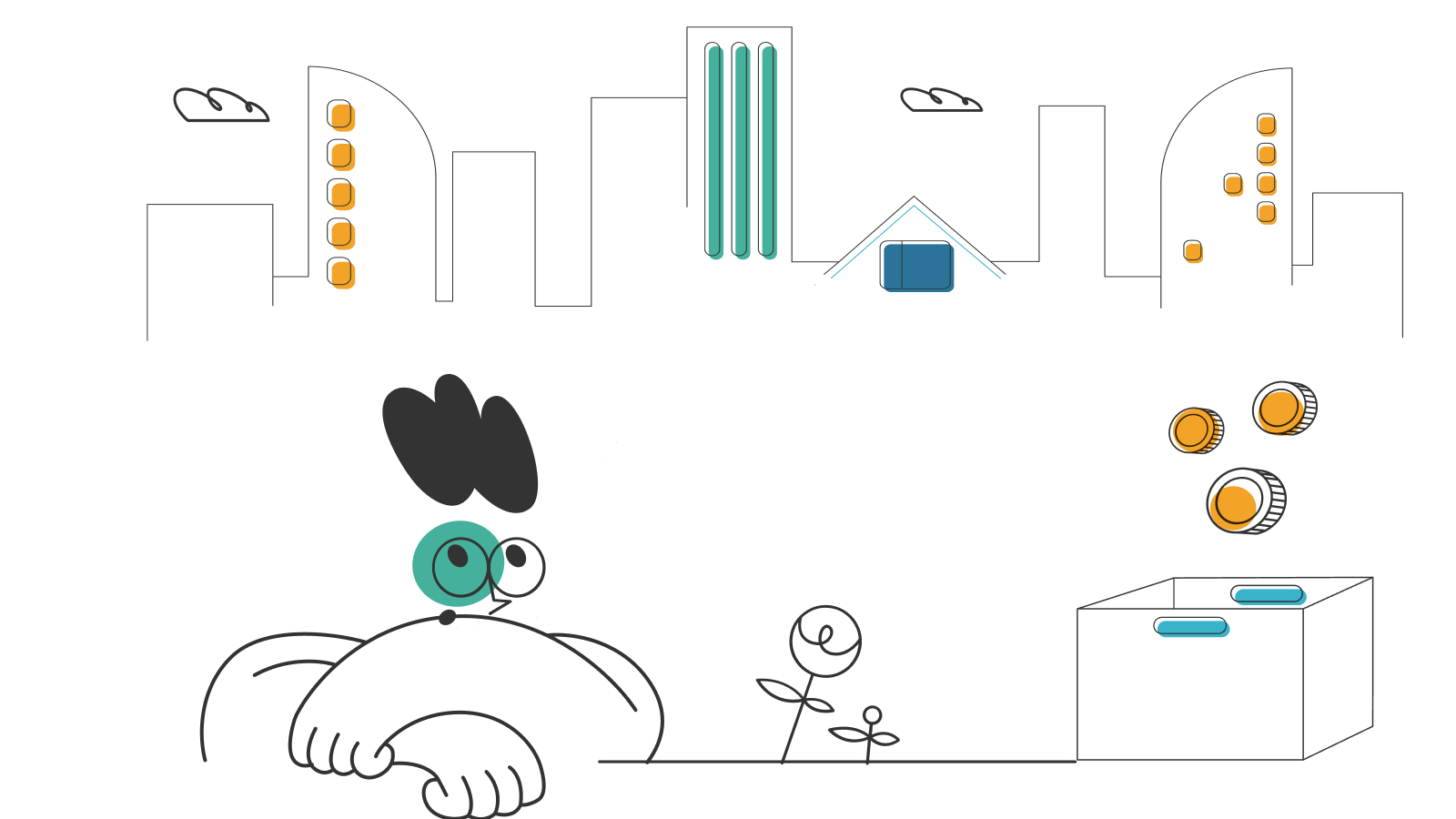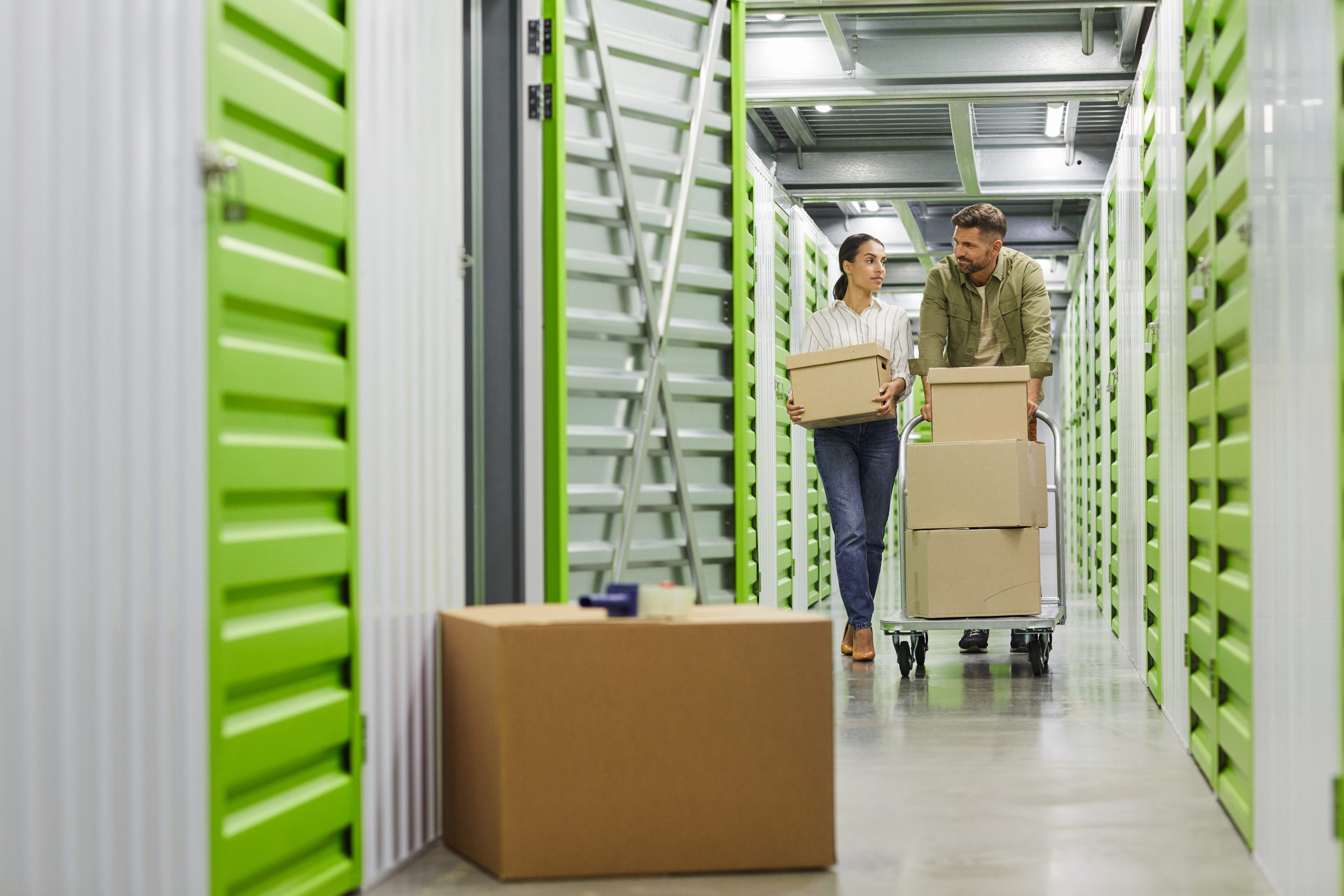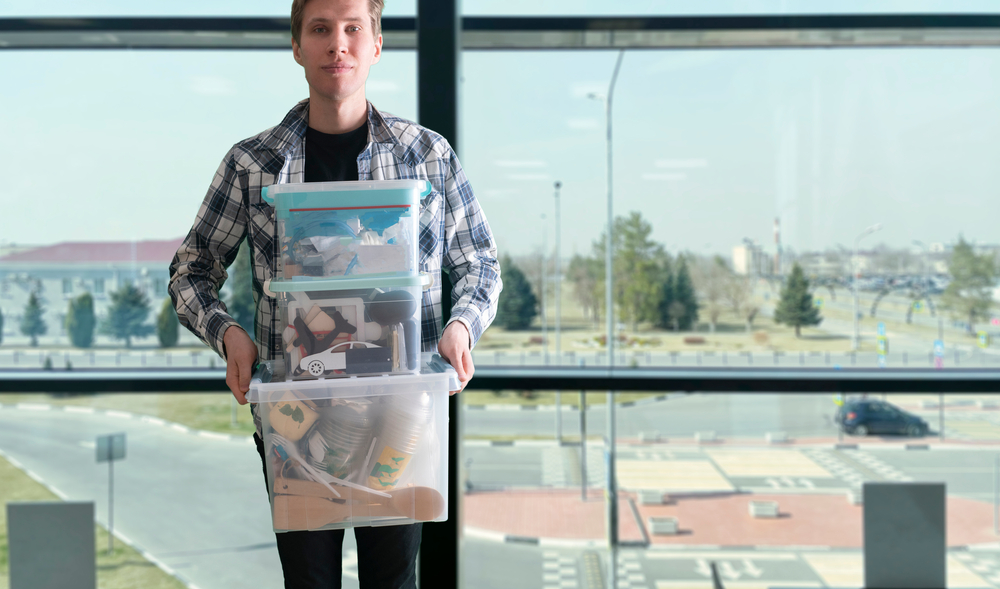Eco-Friendly Tips for Conserving Water, Gas, and Electricity
Moving soon? Get organized with our free moving checklist.
We’ve all heard of the three Rs, right? Reduce, Reuse, Recycle. Reusing and recycling are pretty straightforward, but what about reduce? It’s easy to forget how much energy we use on a daily basis, so below are a few reminders on how you can get on Mother Nature’s good side and conserve energy on your utilities:
Water
Turn off your water heater.
If you know that you’ll be away for a few days, turn off your water heater completely, and turn it on when you get back home. Most models only take about an hour to reheat to the set temperature. Better yet, install a timer that will turn your water heater off when you’re not home, and turn it back on at a set time.
Do your laundry with cold water.
Laundry detergent works just as well with cold water! Wash with cold water a majority of the time, and save the hot water for the occasional deep-clean load. Not only will it help conserve energy, but it will save you about 40 cents per load!
Shorten your showers!
This tip is the easiest to achieve. Play a 5-10 minute song so that you’ll know that when the song is ending, it’s time to get out. On top of shortening your showers, you can also lower the temperature in the shower to save more energy (taking colder showers will help conserve the energy that it takes to heat the water).
[updater-inline-content ad=”ready-get-started”]
Gas
Don’t stop the flow.
Make sure that no air vents are blocked by curtains or furniture. This will ensure that your house heats up quickly and effectively so that there will be no need to crank up the thermostat.
Use the sun to your advantage.
Keep window shades and blinds open during the day (as long as you don’t have drafty windows!) so that the sun can help heat your home. Take it one step further, and consider using solar heat to supplement your normal heating source.
Raise the thermostat slowly.
Quickly raising the temperature consumes a fair amount of energy. To save more, try slowly raising the heat to the minimum temperature that is comfortable.
Electric
Use a power strip.
It’s hard to always tell whether or not electronics and appliances are using electricity, but it’s generally safe to assume that they are even when they’re not actually in use. Plug all of your electronics, lamps, and small appliances into a power strip, and then turn the whole strip off when you’re not using it.
Put your lamps in the corner of the room.
Test out placing your lamps in the corner of the room, which will allow the light to reflect off of two walls. That way, you probably won’t need more than one lamp. Using lighter or opaque lampshades will also make a room brighter. Also, make sure to replace halogen lightbulbs with more energy-efficient lightbulbs.
Use a laptop.
If you don’t use all the storage on your desktop computer, consider switching to a laptop. Computers use much more energy than laptops – not to mention that they take up much more space! If you like having the larger monitor, hook it up to your laptop using an HDMI cord, DisplayPort, mini DisplayPort, USB-C, or whichever cord is compatible with your laptop.
Remember, a new home means a new start! There’s no time like the present to start conserving as much as you can on your water, gas, and electric utilities. Besides, you’ll get on Mother Nature’s good side, and your wallet will thank you!
Moving soon? Get organized with our free moving checklist.
Internet and TV tips
Switching providers and don’t know where to start? We can help.


